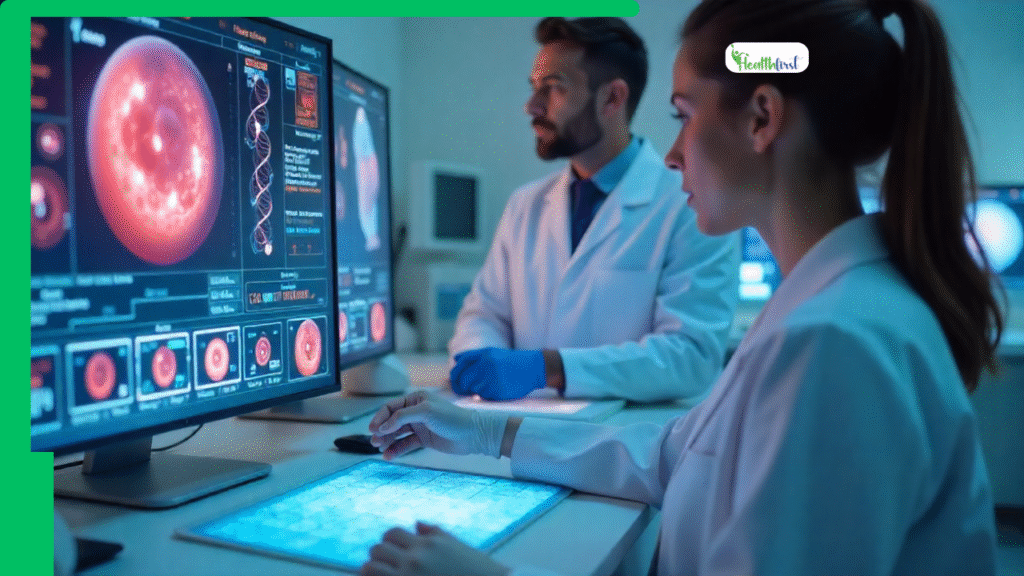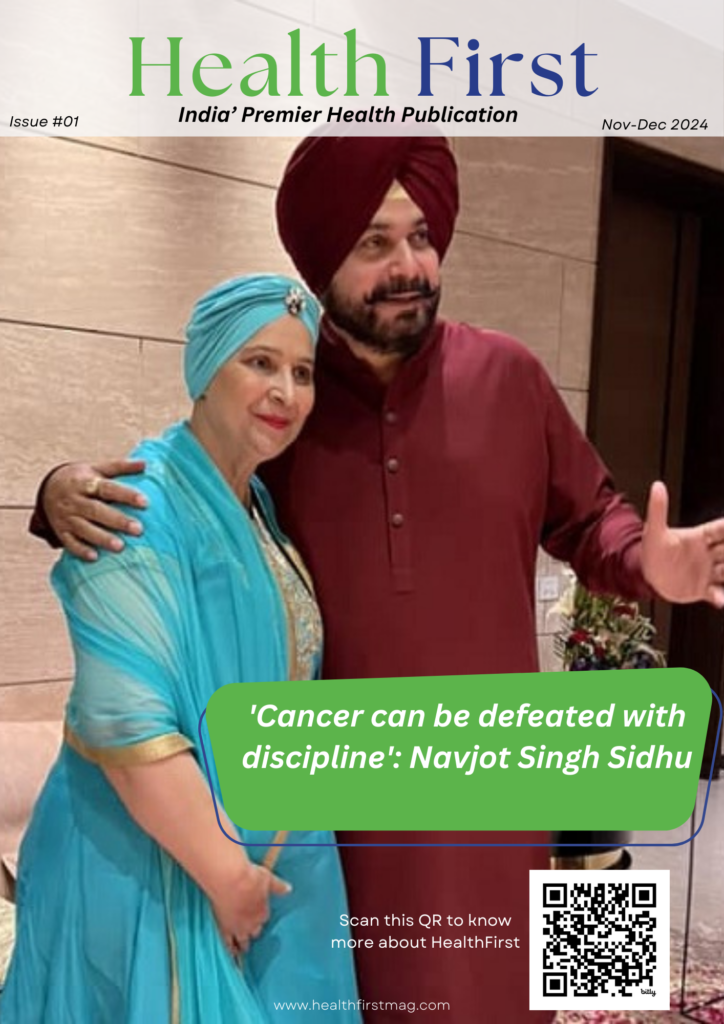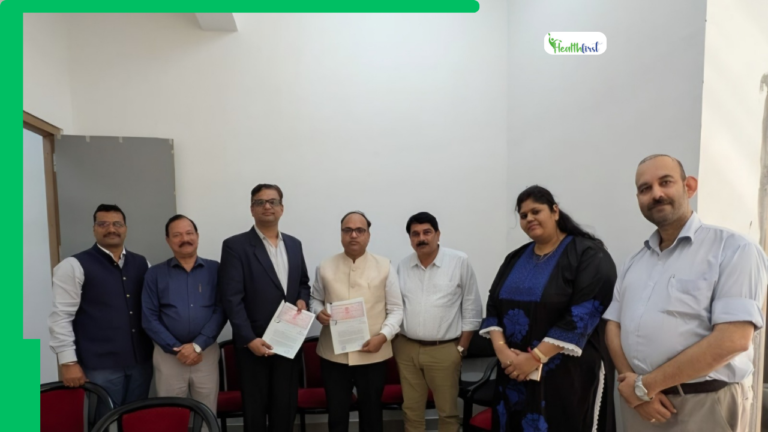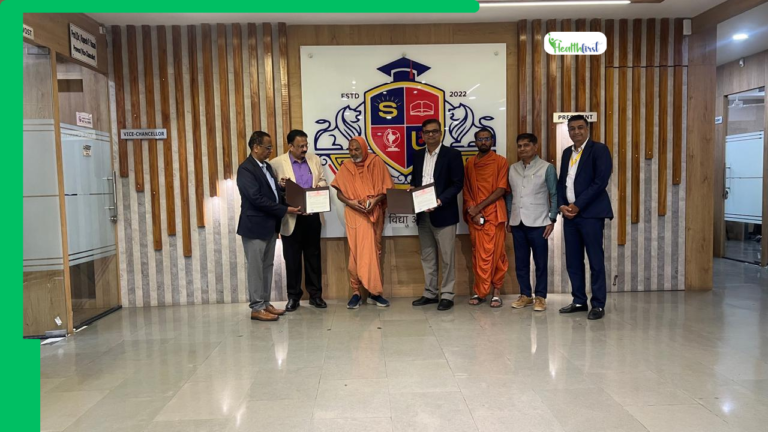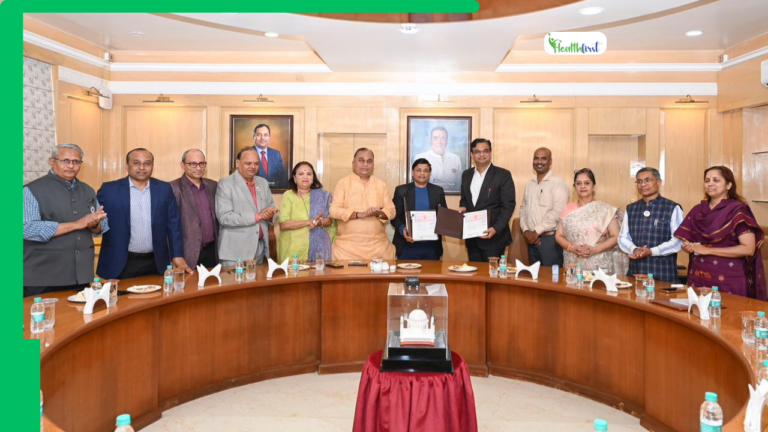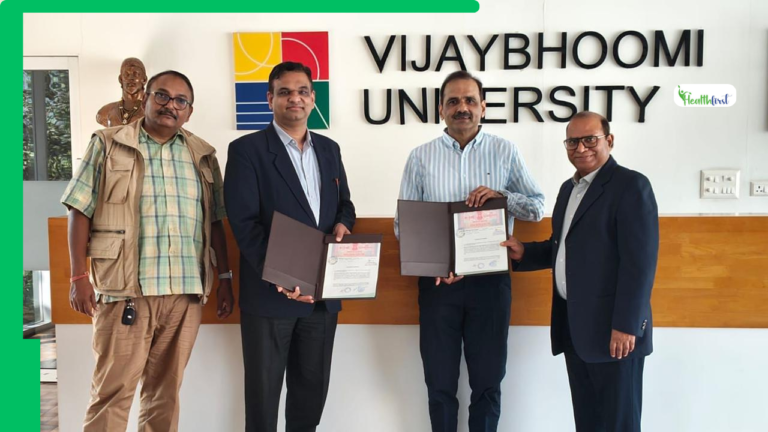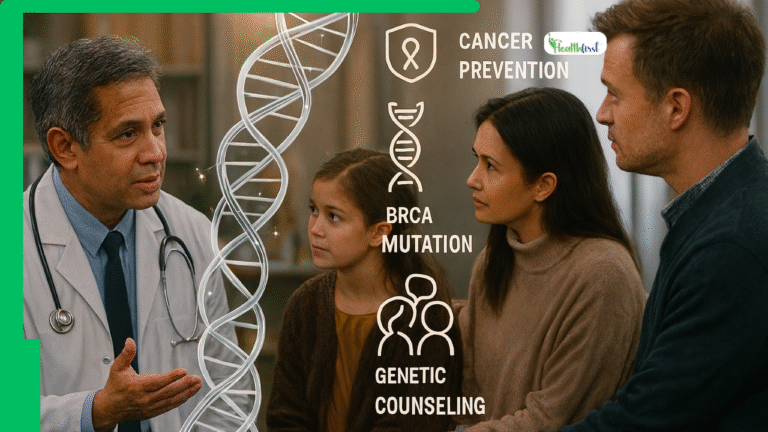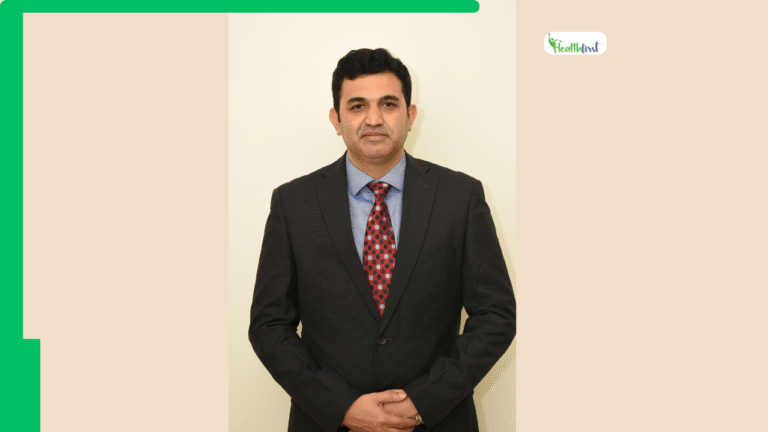By Dr. Veronica Arora, Consultant Clinical Geneticist and Assistant Professor
Infertility is a growing challenge in India, affecting nearly 10-14% of couples. This amounts to around 27.5 million couples struggling to conceive. Both men and women contribute almost equally to these infertility cases. Male infertility is often linked to low sperm count, poor motility, or genetic factors. Female infertility may be caused by hormonal imbalances, blocked fallopian tubes, or conditions like Polycystic Ovary Syndrome (PCOS). IVF, or In Vitro Fertilisation, has become a beacon of hope for infertile couples in India.
IVF, or In Vitro Fertilisation, has become a beacon of hope for infertile couples in India.This fertility treatment involves fertilising the egg with sperm outside the body and then implanting the embryo in the woman’s uterus. IVF addresses many infertility issues, including unexplained infertility, severe male factor infertility, and repeated miscarriages. With over 200,000 IVF cycles performed annually in India and improving accessibility beyond major cities, IVF is transforming the reproductive landscape in the country.
Advancing Fertility: Genetic Testing and AI
A revolution is underway in fertility care thanks to the synergy between genetic testing and Artificial Intelligence (AI). Modern genetic screening allows experts to scan hundreds of genes in embryos and parents, uncovering hidden risks for inherited conditions that might otherwise go undetected. Preimplantation Genetic Testing (PGT) identifies embryos free from specific genetic disorders, helping ensure healthier outcomes.
Genetic counselling and genetic testing have added an important aspect to IVF success. Geneticists work with couples to identify hidden genetic or chromosomal problems that might affect conception or the baby’s health. Preimplantation Genetic Testing (PGT) allows doctors to screen embryos for inherited diseases such as thalassemia or muscular dystrophy before implantation. This ensures not only conception but also increases the chances of a healthy baby, reducing the risk of genetic disorders.
AI takes this process to a new level, parsing complicated genetic information more quickly and accurately than ever. Using complex algorithms, AI allows embryologists to detect nuances in embryo development through imaging, predicting which embryos are the most likely to lead to a successful and healthy pregnancy. Between them, genetic testing and AI can deliver a new age of precision and confidence for fertility treatments, offering couples more encouragement that their prospective babies are healthy, and making life easier for doctors and specialists when it comes to decisions.
A major development in treating mitochondrial genetic disorders is the three-parent pregnancy technique. This method involves transferring the mother’s nuclear DNA into a donor egg with healthy mitochondria before fertilisation. The resulting embryo carries genetic material from three people: the mother, father, and mitochondrial donor. This helps women with mitochondrial defects have healthy babies free from these diseases. Though promising, this technique remains strictly regulated and closely monitored.
Using donor eggs or sperm can be crucial for many couples, but it does come with a warning. Screening donors requires thorough medical, psychological, and genetic testing to minimise the risks of infectious and genetic diseases. However, no screening can eliminate all risks. Informed consent and counselling are essential to help couples make safe and knowledgeable choices.
One size does not fit all once and for all. Now, doctors customize IVF, or in vitro fertilization, protocols with information about each couple’s genetics, hormone levels and medical history. It improves the odds of a healthy pregnancy and minimizes wasted treatments or procedures. Continuing research is revealing how even the subtlest gene variations have an impact on fertility, helping to shape potentially more targeted therapies in the future.
IVF success relies heavily on strong teamwork among IVF specialists, embryologists, and geneticists. IVF specialists manage the treatment plan, embryologists handle egg fertilisation and embryo quality, while geneticists ensure proper testing and selection of embryos with the least genetic risk. This collaboration is key to maximising the chance of a healthy pregnancy and childbirth.
Looking Ahead: Fertility Care’s Future
Reproductive medicine is continuing to progress at breakneck speed:
Gene editing: While it’s not yet common, CRISPR and other gene-editing technologies could fix inheritable mutations in embryos, offering hope for some genetic diseases that are untreatable today.
Fertility Preservation: Increasingly, individuals and couples can keep their fertility preserved for social (not ready to have kids), medical (when someone’s fertility has been compromised, whether through illness or treatments) or personal reasons, thanks to technologies like egg and embryo freezing.
Telemedicine: Individuals in small towns and rural areas can now receive expert care through remote consultations, monitoring, and even counselling.
In conclusion, World IVF Day is a celebration of hope, science, and compassionate teamwork. It continues to deliver miracles, helping millions of Indian couples overcome infertility and begin their journey to a healthy family.

